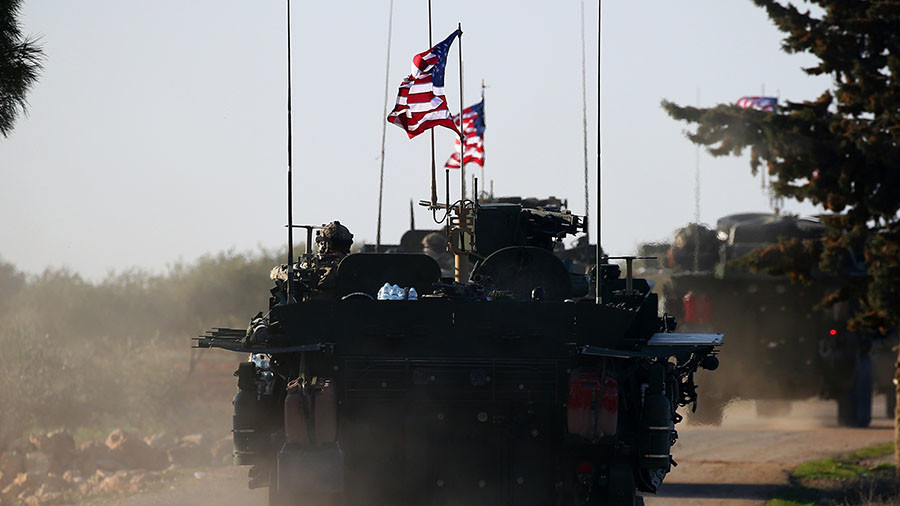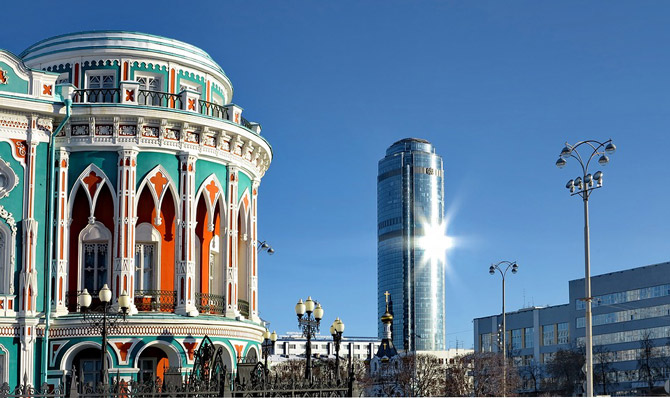
The US recent claims to withdraw its troops from the North-Eastern provinces of Syria and the official vows of pausing collaboration with Syrian Kurds are widely regarded as an effort of Washington to build closer relations with Ankara. However, while pursuing this policy, the Pentagon and the CIA continue expanding communication channels with Syrian Kurds in case if Ankara’s political compass is navigated towards Russia rather than the US after Turkey elections in June 2018.
The United States has also encouraged its partners, members of the Anti-Terrorism Coalition to send more of their troops to the so-called Syrian Kurdistan, a territory located north-east of the Euphrates. As a result, Germany and France, along with increasing numbers of their military troops in this region, have also been given authority to provide support to Kurdish military troops in Syria. Given how sensitive the Kurdish issue is for Iraq, Iran, Turkey and Syria this will, beyond any doubts, cause further tension between the EU and the Middle Eastern countries and will let the US avoid any possible accusations of the international law violations amid the Syria war.
With ambitious plans in Syria that included the stabilization of the country, getting rid of Bashar al-Assad, knocking out Iranian influence, fighting ISIS and becoming a hero who brought an end to the seven-year Syrian war the US did not seem (and perhaps still does not seem) to care that its new policy might cause much bigger conflicts in the region and go far beyond defeating ISIS only. Similar to the EU migration crisis, the US acts as an invisible mediator while the EU takes all the fire. This time, Washington’s goals of aggravating the further conflict between the EU countries and the Middle East are rather economical: Washington tries to undermine the EU investment opportunities and provoke further financial crisis in Europe.




